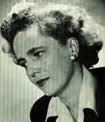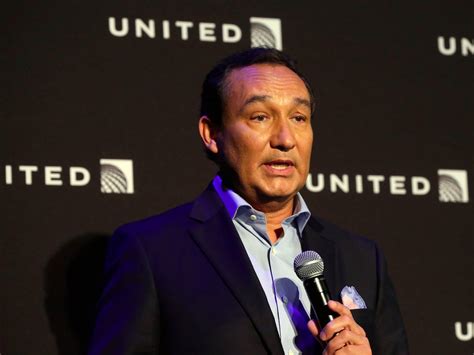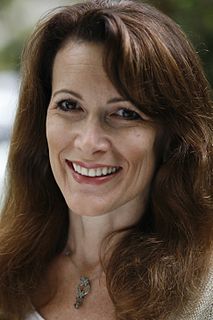A Quote by Edmund White
In our imaginations the adults of our childhood remain extreme, essential - we might say radical since they are the roots that fed luxuriant later systems. Those first bohemians, for instance, stay operatic in memory even though were we to meet them today - well, what would we think, we who've elaborated our eccentricities with a patience, a professionalism they never knew?
Related Quotes
I say we have not even had the decency to maintain the assets that our parents and grandparents built for us - our roads, our bridges, our wastewater systems, our sewer systems; by the way, those weren't Bolsheviks, those weren't socialists that built those things for us - much less build the infrastructure we need for the 21st century.
Our heroes are simple: they are brave, they tell the truth, they are good swordsmen and they are never in the long run really defeated. That is why no later books satisfy us like those which were read to us in childhood - for those promised a world of great simplicity of which we knew the rules, but the later books are complicated and contradictory with experience; they are formed out of our own disappointing memories.
Grownups! Everyone remembers them. How strange and even sad it is that we never became what they were: beings noble, infallible, and free. We never became them. One of the things we discover as we live is that we never become anything different from what we are. We are no less ourselves at forty than we were at four, and because of this we know grownups as Grownups only once in life: during our own childhood. We never meet them in our lives again, and we will miss them always.
When we hate our enemies, we are giving them power over us: power over our sleep, our appetites, our blood pressure, our health and our happiness. Our enemies would dance with joy if only they knew how they were worrying us, lacerating us, and getting even with us! Our hate is not hurting them at al, but our hate is turning our days and nights into a hellish turmoil.
As ephemeral as our footprints were in the sand along the river, so also were those moments of childhood caught in the photographs. And so will be our family itself, our marriage, the children who enriched it and the love that has carried us through so much. All this will be gone. What we hope will remain are these pictures, telling our brief story.
Our actual lives, including our values, our social relations, our self-conceptions, and many of our concepts, are pervasively shaped both by the knowledge and by the fact that we will someday die - that we are subject to extreme temporal scarcity. There is no reason to think that, if we were immortal, the same things would continue to matter to us. We have little or no idea what, if anything, would matter to immortal beings, or even how such beings would think of themselves.
So much of our early gladness vanishes utterly from our memory: we can never recall the joy with which we laid our heads on our mother's bosom or rode on our father's back in childhood; doubtless that joy is wrought up into our nature, as the sunlight of long-past mornings is wrought up in the soft mellowness of the apricot; but it is gone forever from our imagination, and we can only believe in the joy of childhood.
Literature and the other arts play with pattern - our brains understand our world by recognizing patterns - and with possibility. The arts harness our sharpest senses, sight and sound, and our richest ways of understanding, in language and narrative. They were our first schools before schools were ever invented. They develop our imaginations, extend our possibilities, and deepen what we can all share.
And even if these scenes from our youth were given back to us we would hardly know what to do. The tender, secret influence that passed from them into us could not rise again. We might be amongst them and move in them; we might remember and love them and be stirred by the sight of them. But it would be like gazing at the photograph of a dead comrade; those are his features, it is his face, and the days we spent together take on a mournful life in the memory; but the man himself it is not.
We need to take responsibility for the effect of our environment on our nervous systems, and particularly the nervous systems of our children. No wonder so many of them are diagnosed with all the stuff they're diagnosed with today. Modern technology is a blessing to be sure, but it's also a curse if we allow it to pull us out of our spiritual center. A 24 hour electronic onslaught comes at the expense of our deep humanity and our deepest relationships.






































